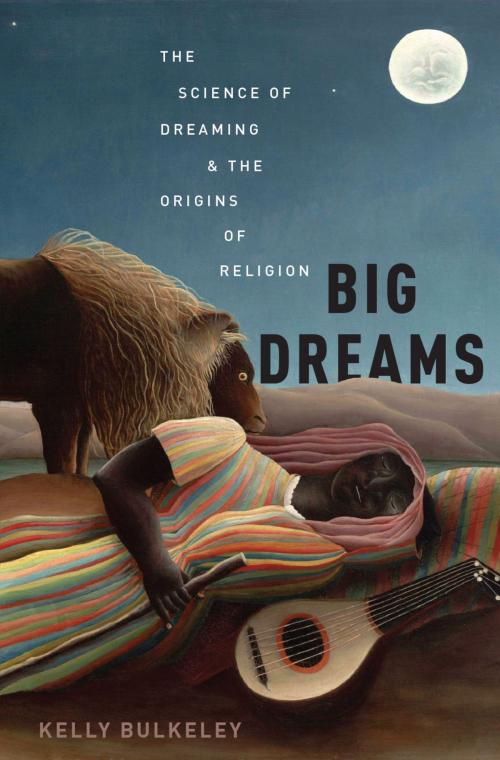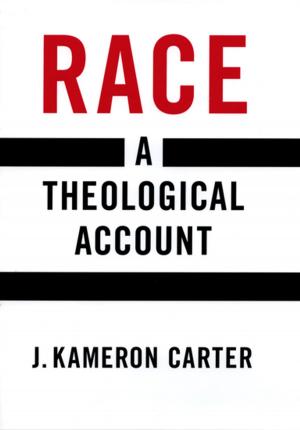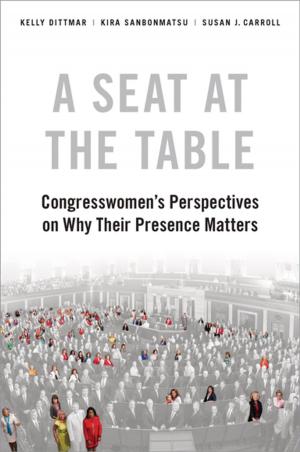Big Dreams
The Science of Dreaming and the Origins of Religion
Nonfiction, Health & Well Being, Self Help, Mental Health, Dreams, Psychology, Cognitive Psychology, Religion & Spirituality| Author: | Kelly Bulkeley | ISBN: | 9780199351558 |
| Publisher: | Oxford University Press | Publication: | March 2, 2016 |
| Imprint: | Oxford University Press | Language: | English |
| Author: | Kelly Bulkeley |
| ISBN: | 9780199351558 |
| Publisher: | Oxford University Press |
| Publication: | March 2, 2016 |
| Imprint: | Oxford University Press |
| Language: | English |
Big dreams are rare but highly memorable dream experiences that make a strong and lasting impact on the dreamer's waking awareness. Moving far beyond "I forgot to study and the finals are today" and other common scenarios, such dreams can include vivid imagery, intense emotions, fantastic characters, and an uncanny sense of being connected to forces beyond one's ordinary dreaming mind. In Big Dreams, Kelly Bulkeley provides the first full-scale cognitive scientific analysis of such dreams, putting forth an original theory about their formation, function, and meaning. Big dreams have played significant roles in religious and cultural history, but because of their infrequent occurrence and fantastical features, they have rarely been studied in light of modern science. We know a great deal about the religious manifestations of big dreams throughout history and around the world, but until now that cross-cultural knowledge has never been integrated with scientific research on their psychological roots in the brain-mind system. In Big Dreams, Bulkeley puts a classic psychological thesis to the scientific test by clarifying and improving it with better data, sharper analysis, and a broader evolutionary framework. He brings evidence from multiple sources, shows patterns of similarity and difference, questions prior assumptions, and provides predictive models that can be applied to new sets of data. The notion of a connection between dreaming and religion has always been intuitively compelling; Big Dreams transforms it into a solid premise of religious studies and brain-mind science. Combining evidence from religious studies, psychology, anthropology, evolutionary biology, and neuroscience, Big Dreams makes a compelling argument that big dreams are a primal wellspring of religious experience. They represent an innate, neurologically hard-wired capacity of our species that regularly provokes greater self-awareness, creativity, and insight into the existential challenges and spiritual potentials of human life.
Big dreams are rare but highly memorable dream experiences that make a strong and lasting impact on the dreamer's waking awareness. Moving far beyond "I forgot to study and the finals are today" and other common scenarios, such dreams can include vivid imagery, intense emotions, fantastic characters, and an uncanny sense of being connected to forces beyond one's ordinary dreaming mind. In Big Dreams, Kelly Bulkeley provides the first full-scale cognitive scientific analysis of such dreams, putting forth an original theory about their formation, function, and meaning. Big dreams have played significant roles in religious and cultural history, but because of their infrequent occurrence and fantastical features, they have rarely been studied in light of modern science. We know a great deal about the religious manifestations of big dreams throughout history and around the world, but until now that cross-cultural knowledge has never been integrated with scientific research on their psychological roots in the brain-mind system. In Big Dreams, Bulkeley puts a classic psychological thesis to the scientific test by clarifying and improving it with better data, sharper analysis, and a broader evolutionary framework. He brings evidence from multiple sources, shows patterns of similarity and difference, questions prior assumptions, and provides predictive models that can be applied to new sets of data. The notion of a connection between dreaming and religion has always been intuitively compelling; Big Dreams transforms it into a solid premise of religious studies and brain-mind science. Combining evidence from religious studies, psychology, anthropology, evolutionary biology, and neuroscience, Big Dreams makes a compelling argument that big dreams are a primal wellspring of religious experience. They represent an innate, neurologically hard-wired capacity of our species that regularly provokes greater self-awareness, creativity, and insight into the existential challenges and spiritual potentials of human life.















